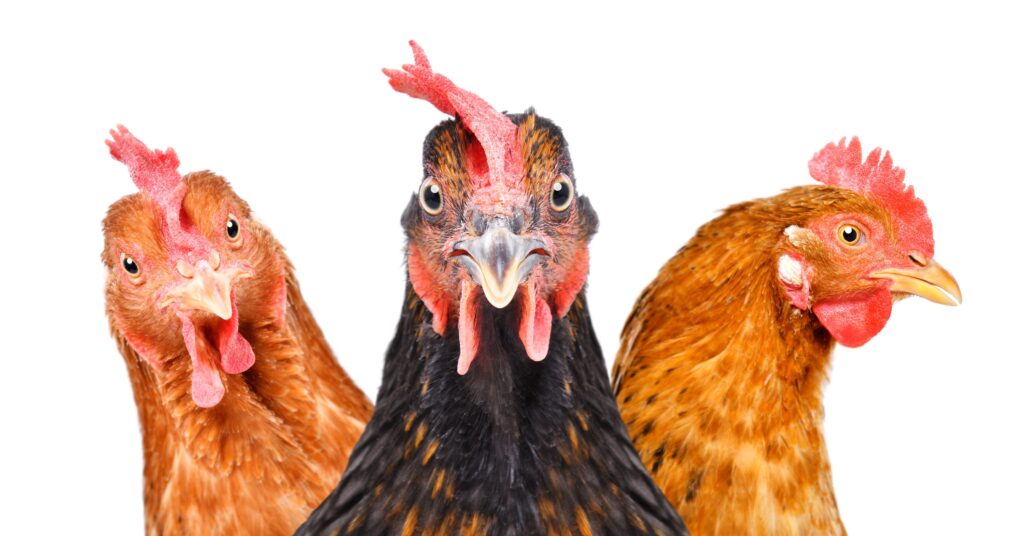Unstable Conditions: Trade Wars and Bailouts Hurt Farmers and Consumers Alike
WASHINGTON (October 18, 2021)—While the United States has historically been the leader of the global trade system, the Trump years and the economic fallout of COVID-19 have upended that consensus. Trade liberalization has been highly successful for U.S. households, and the Trump administration’s trade wars have been a disaster for consumers and industry alike.
Perhaps no U.S. industry has been hit as hard as the agricultural sector. With skyrocketing farm bankruptcies, a catastrophic pandemic and early evidence that financial strain led to increased suicide rates among farmers, the Trump administration authorized bailouts and signed a new “Phase One” deal with China to try and rectify the situation. Unfortunately, these measures have failed to achieve their goals and are likely to cause future difficulties for the United States in the already tumultuous post-pandemic trade landscape.
In a new policy study, R Street resident fellow and trade policy counsel Clark Packard examines various bailout packages to explore their economic impact and likely violations of the United States’ obligations to the World Trade Organization (WTO). Packard argues that another trade war is the last thing the United States needs as the economy rebounds from COVID-19.
“The Trump administration’s trade wars constitute a catastrophic economic failure and their fallout has particularly affected American farmers and ranchers. The subsequent bailouts were costly for American taxpayers and the longer-term ability of farmers and ranchers to reach otherwise closed foreign markets,” states Packard. “Not only that, they were made in violation of the United States’ WTO commitments, which could trigger retaliatory trade restrictions against unrelated industries and initiate a new trade war.”
As the United States emerges from COVID-19, policymakers should work to curb domestic agricultural subsidies and no longer renege on its WTO commitments, for the good of consumers and domestic industry alike. These subsidies are not only costly to taxpayers, but harm farmers and ranchers looking to reach new consumers abroad.
Read the paper here.







